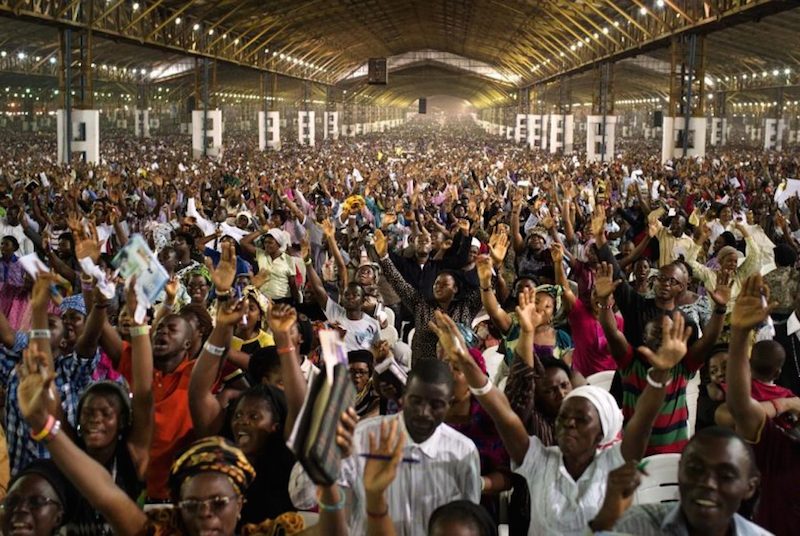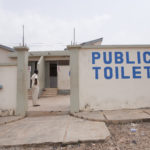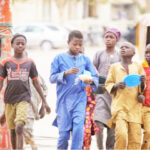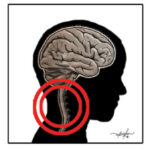The Health Reform Coalition has called on state governors to “cancel all plans or reverse directives” to lift the ban on religious gatherings until the NCDC or federal health ministry advises otherwise.
In a statement signed by Mike Egboh and Dr. Chizoba Wonodi, co-chairs of the HSRC COVID-19 Response Task Team, the coalition insisted that “Coronavirus does not go to sleep at night, market days, Fridays or Sundays.”
This warning comes after some state governors rolled back the ban on religious gatherings – imposed to contained coronavirus outbreak – to allow churches and mosques open for some hours weekly.
HSRC, a coalition of more than 120 non-government groups working in health care delivery, met the lifting of ban with “shock, concern, and fear,” it said in a statement.
Ebonyi, Kogi and Katsina are among the states where the ban has been lifted. And trading is permitted to few hours on select days.
Ebonyi will permit only a few hours of service on Sundays alone and families can bury their dead but with written notification to the government.
Churches and mosques reopening must ensure social distancing, provide hand washing stations and hand sanitisers in order to stay open, according to the measures.
But HRSC says, “No matter the pressure, this is not the time for populism.”
“With the high number of people living in poverty, high prevalence of chronic diseases such as hypertension and diabetes—underlying diseases—and very weak health systems, it will be catastrophic if the virus spreads widely in Nigeria,” the coalition warned.
“We acknowledge and value the role of religious leaders and faith-based organizations in providing spiritual support through faith for their followers in a healthy and safe environment,” HSRC said.
The statement added that “HSRC further appreciates the socio-economic difficulties being faced by our people over the lockdown across the country.
“Unfortunately, options are limited for now in the best ways to fight the spread. Scientific evidence and experience from developed and developing countries reinforce that avoiding crowds, physical distancing, handwashing, and respiratory hygiene are still the best ways to prevent the spread and associated deaths.
“Over 2500 infections in France were linked to a single religious gathering while about 230 infections in South Korea were linked to a religious group where members continued gathering.”

 Join Daily Trust WhatsApp Community For Quick Access To News and Happenings Around You.
Join Daily Trust WhatsApp Community For Quick Access To News and Happenings Around You.


